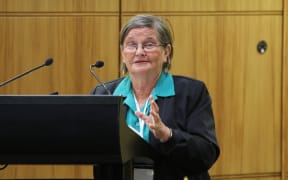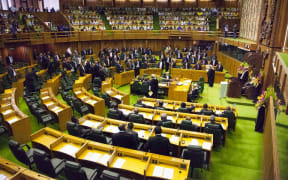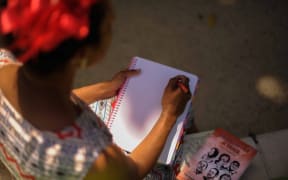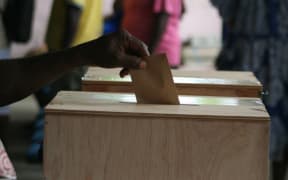Papua New Guinea's veteran politician Sir Michael Somare has called on voters to support women candidates contesting this month's national election.
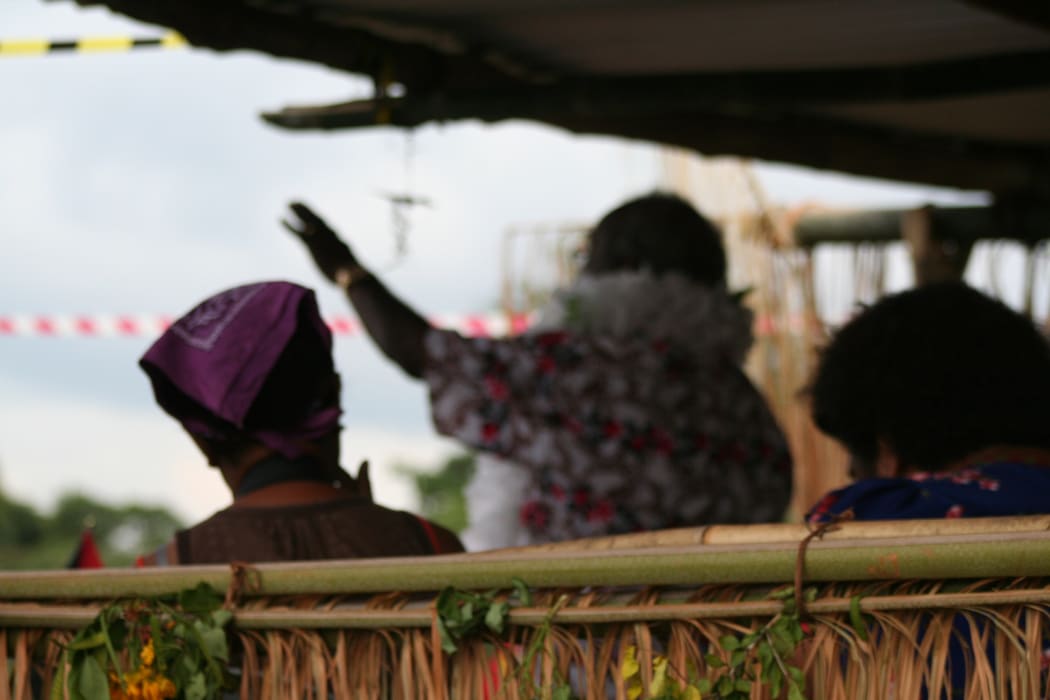
Sir Michael Somare addresses the crowd at an election campaign rally in East Sepik, June 2012. Photo: RNZI / Johnny Blades
Speaking to local media, Sir Michael said there were many wonderful women contesting the five-yearly polls, and that the country needed more women in parliament.
Among them is his daughter Dulciana Somare who is a Pangu Party candidate vying to succeed Sir Michael in the East Sepik regional seat.
167 women are among the 3340 candidates running this year.
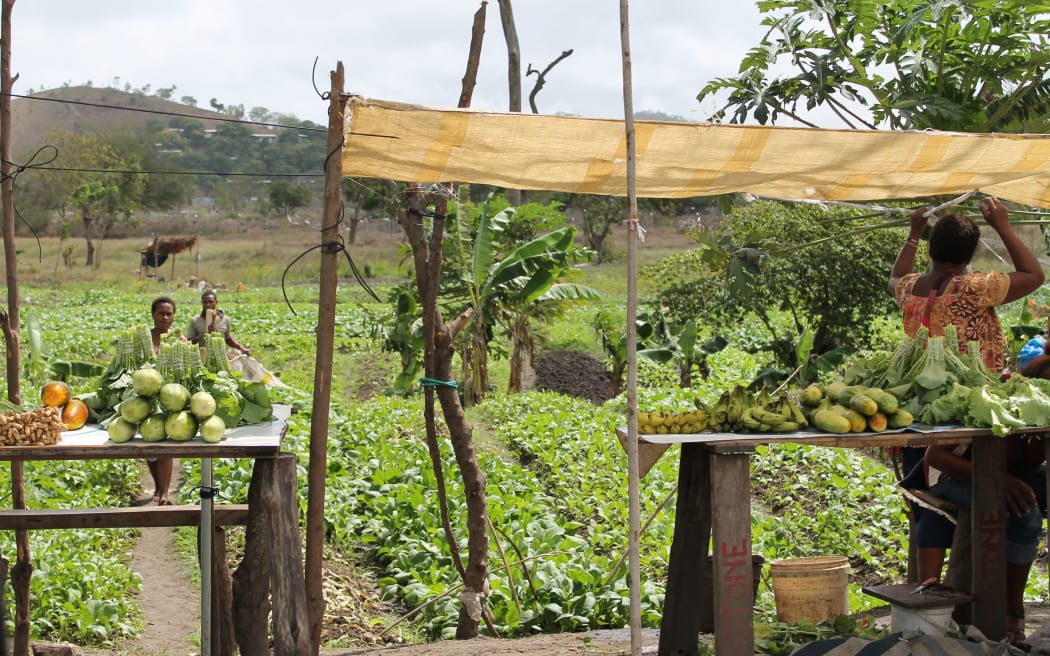
While women play a leading role in PNG's cash and food cropping sectors, they are under-represented in national politics. Photo: RNZ / Johnny Blades
Sir Michael, who is retiring from national politics after a career of over four decades, said women had always played a bigger role in the development of PNG than they were usually given credit for.
Despite cultural mores in PNG that dissuaded people against voting for women, Sir Michael urged the electorate to not turn a blind eye to the leadership qualities of women candidates.
Near the end of his last stint as prime minister until 2011, Sir Michael supported legislation to create up to 22 reserved seats in parliament for women.
However it failed to gain support from a majority of parliamentarians.
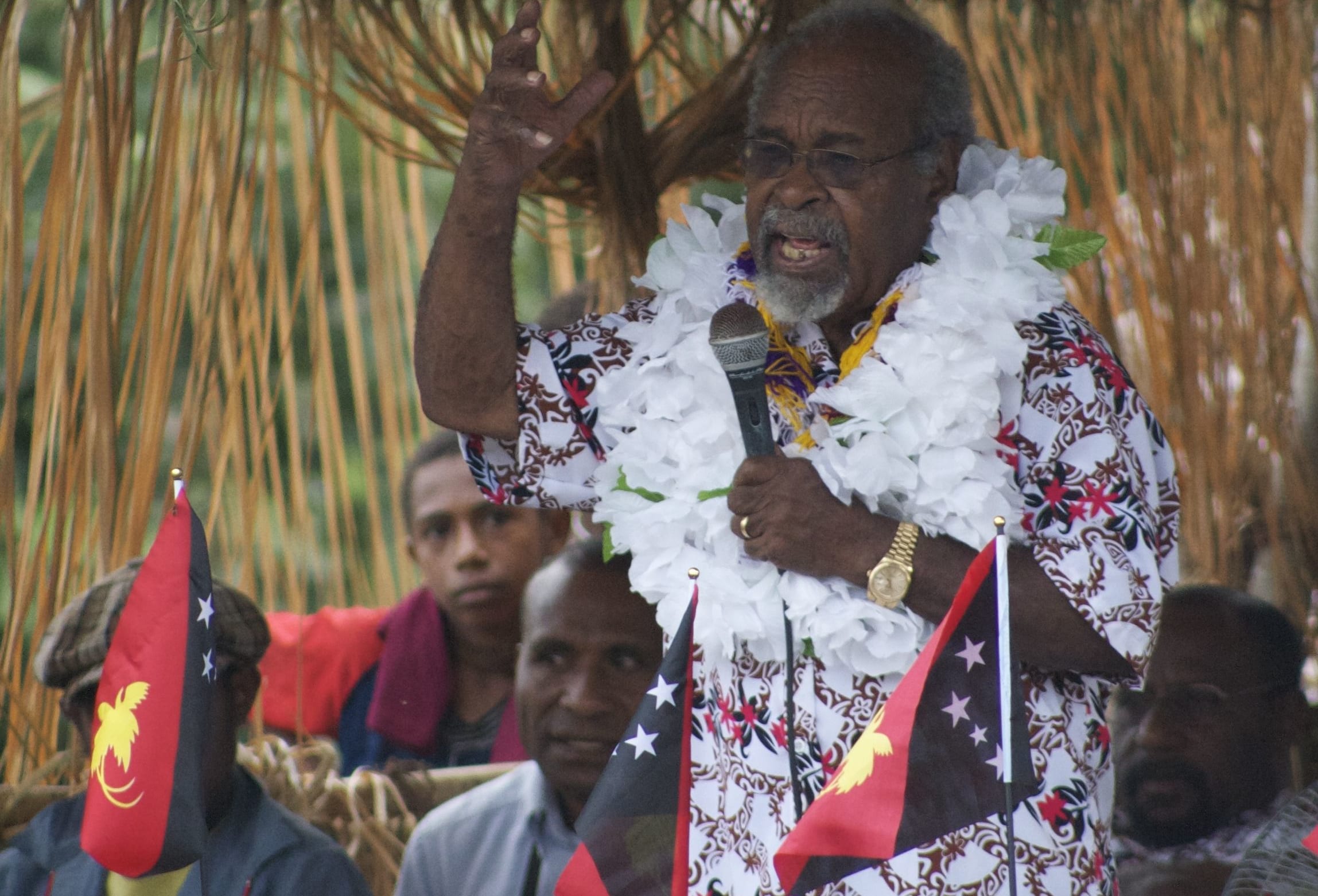
Sir Michael campaigning for the 2012 general election in East Sepik. Photo: RNZ / Johnny Blades
Following the 2012 election, three female candidate became members in the 111-seat parliament. While only a small figure, it was still a national record.
Advocates for greater women's representation in parliament are cautiously hopeful that the number will rise after this month's election, with the greater percentage of women contesting.
In the past three elections, an average of one woman contested for every 28 male candidates.
In this year's election it is one woman for every 20 male candidates.
